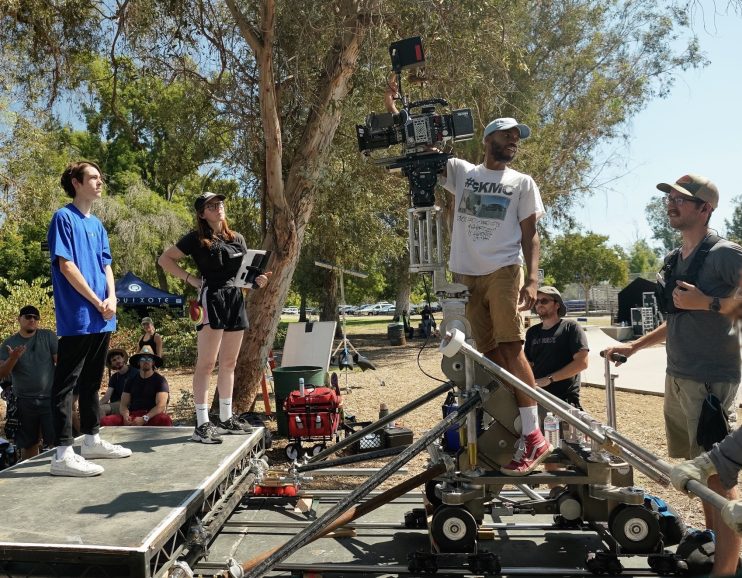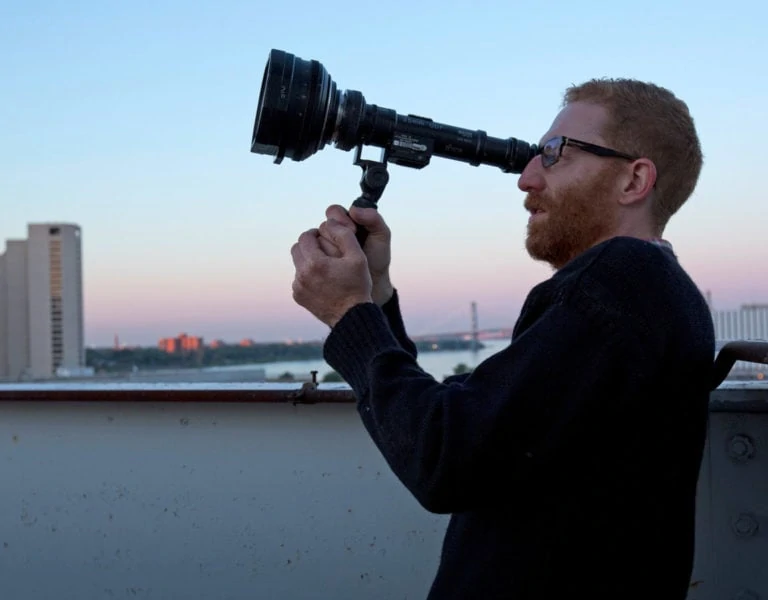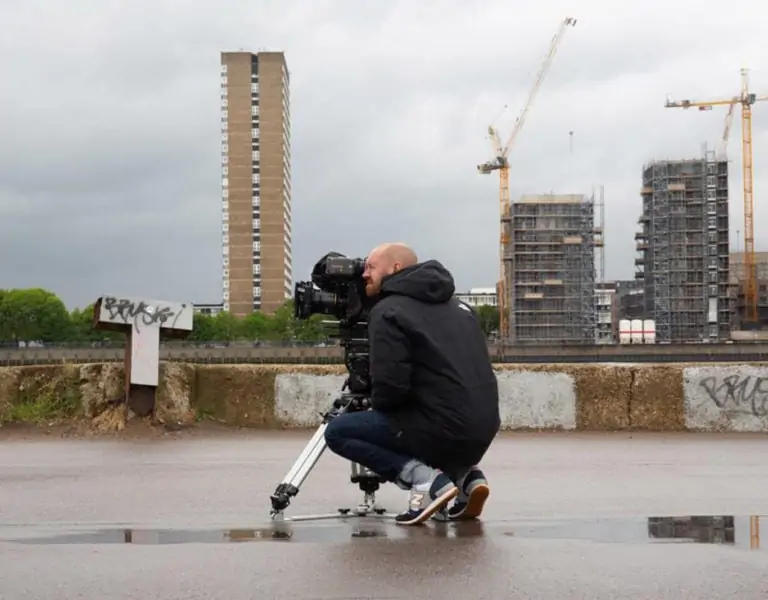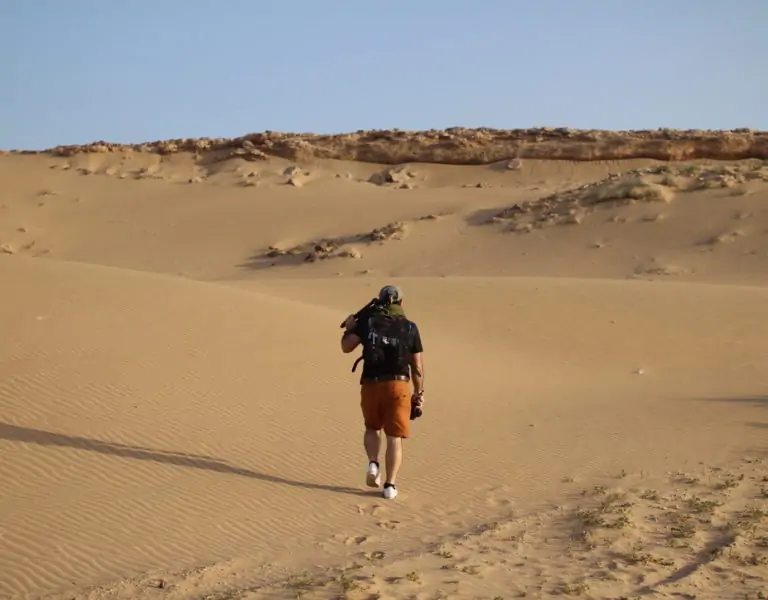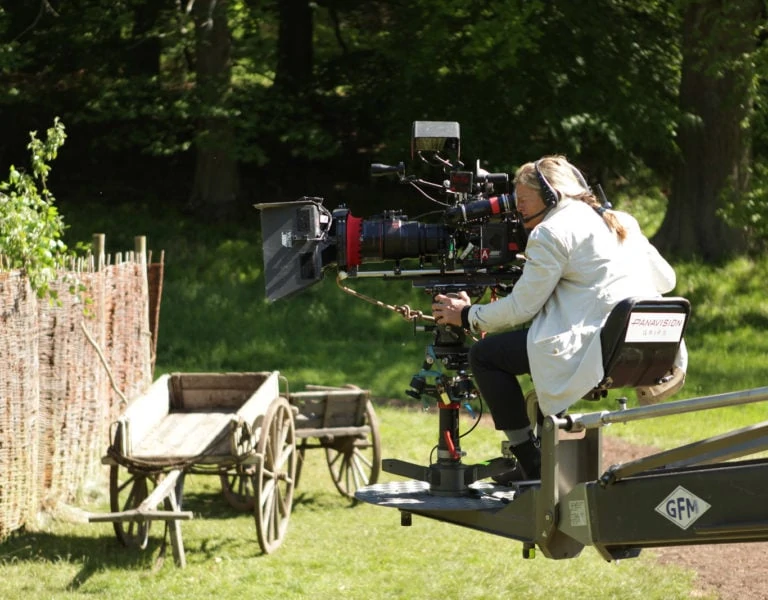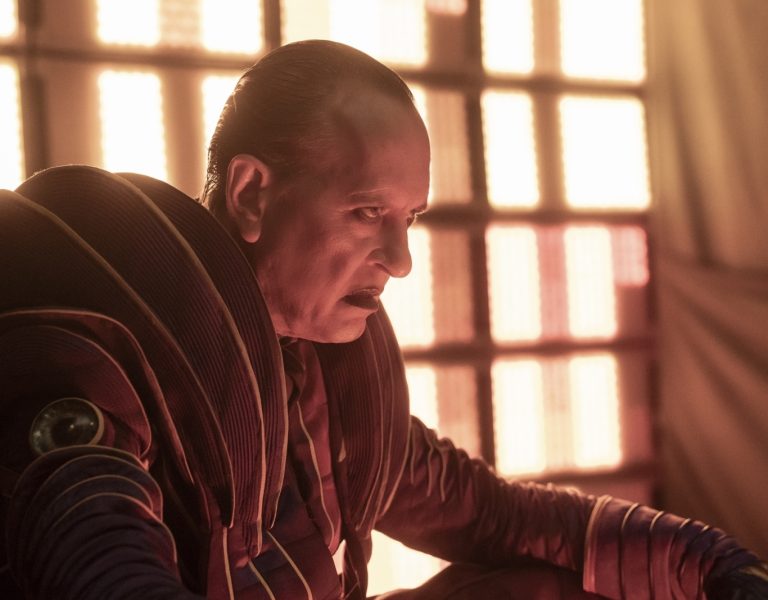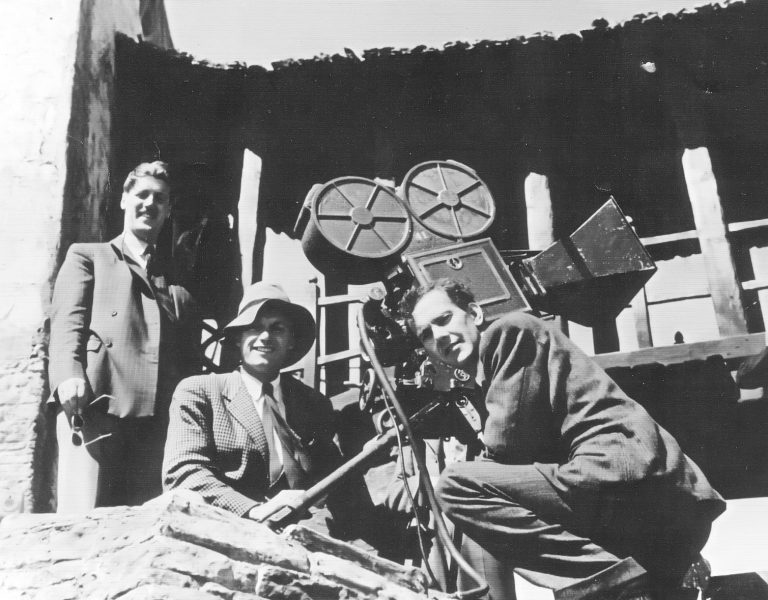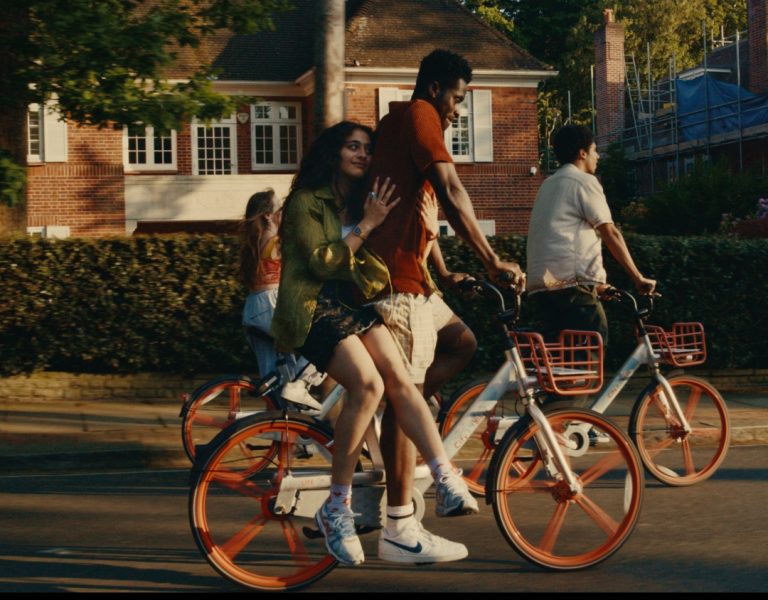MAKING A MARK
Selected filmography so far:
North Hollywood (2021)
Tar Pit (2021)
Retrieval (2019)
The Moth (2019)
The Dispute (2019)
When did you discover you wanted to be a cinematographer and what inspired you to follow this career path?
In middle school, I used to take a camcorder around my friends and make all types of random videos. This led me to take film courses throughout high school which became the catalyst to my passion.

Where did you learn your craft?
Education comes from all around us! I did “formal training” at the University of North Carolina School of the Arts and continued that at the American Film Institute. But I also learned just as much just going out and experiencing life and that has equally contributed to my abilities as an artist.
What are your favourite films, and what makes them stand out to you?
The movie that I always come back to is La Haine. It’s an expertly crafted film, while somehow maintaining this sense of intimacy within the characters and their relationship that I’ll never forget.
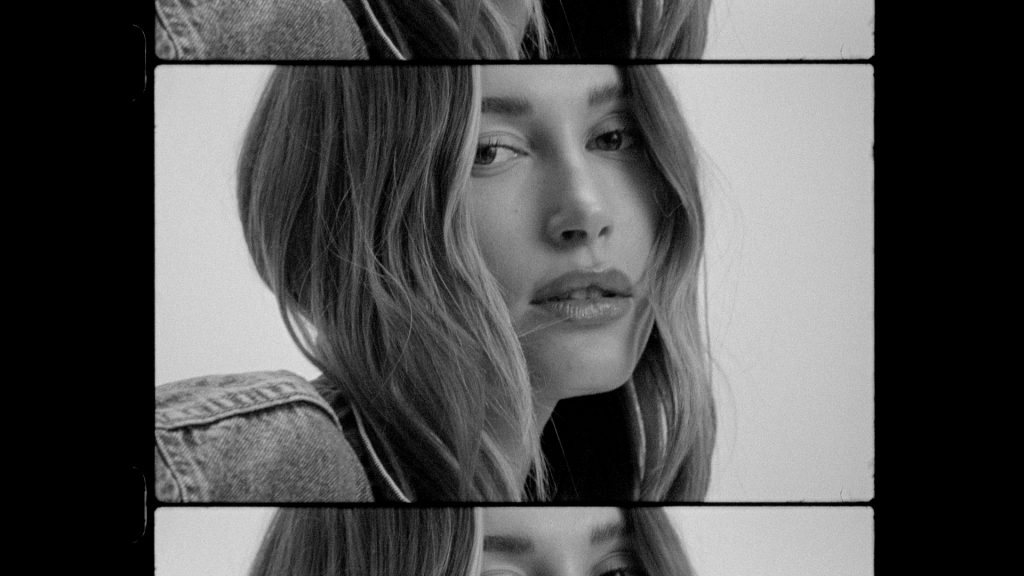
Who in the film world inspires you?
I’m mostly inspired by my friends. I’m surrounded by extremely supportive peers that actively try to help lift each other up along this journey that we’re all in together.
What’s the most useful advice you’ve received and from whom?
My good friend and mentor DP Donté Lee used to express this idea of treating our craft similar to how musicians and athletes treat their craft. It takes intentional forms of practice and focus to better your artistry.
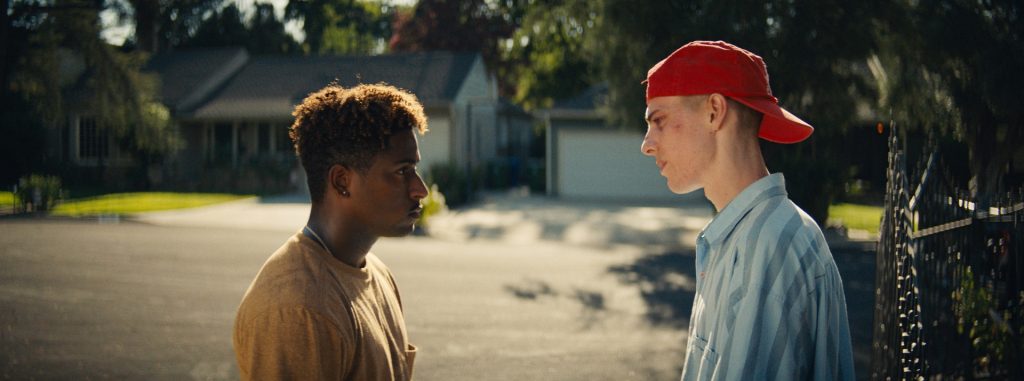
What advice would you give someone considering becoming a cinematographer?
You can start by trying to see the world around you through the DP perspective. Go out into the world around you and study light, take photos, dissect films and so on. That will develop your taste as you find opportunities to DP projects.
What have been your greatest triumphs and disasters on set?
The greatest triumphs for me are when you tap into your intuition, whether that’s agreeing to certain projects, or amending a plan that doesn’t feel right anymore.
The biggest disasters are usually times when I can overlook the details. Mistakes happen, of course, but it stings more when it’s something that was within your control to execute.

What lights your fire outside of work?
I just strive to be excited about what I’m spending my time on this Earth doing. My fire comes from wanting to contribute to lives of people I care about. My fire comes from pushing myself to become great(er). My fire comes from being surrounded by family who have been so supportive of me along the way that I want to make those efforts fruitful. And so much more.
What has been the biggest challenge in your career and how did you overcome it?
For me it’s a revolving goal of trying find ways to improve upon the human I am today. It’s always great to reach for new heights, and then continue to find new challenges and move the goal post a bit further out.
What piece of kit could you not live without?
I can honestly live without a lot of things on set. I guess ultimately you need hard-drive really, don’t forget about that!
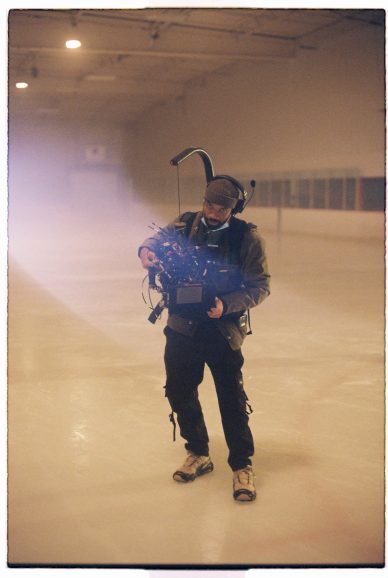
Which film would you love to have shot?
I would’ve love to have shot Whiplash! I grew up as a percussionist and that story hit super close to home.
Which productions are you most proud to have lensed, and why?
Sometimes, I’m prouder of the experience than the outcome. I’d say where it all really came together would be on a film that I shot called North Hollywood. It was a huge career opportunity for me at the time, but I also had an amazing experience with my friends and collaborators.
What’s the best and worst thing about your job?
I have the ability to select what projects I want to contribute to. That’s an extremely rare luxury that I’ll always be grateful for. The worst is that it’s so hard to know what projects will actually bring you closer to that life satisfaction, and so you just have to go with your gut and hope for the best.
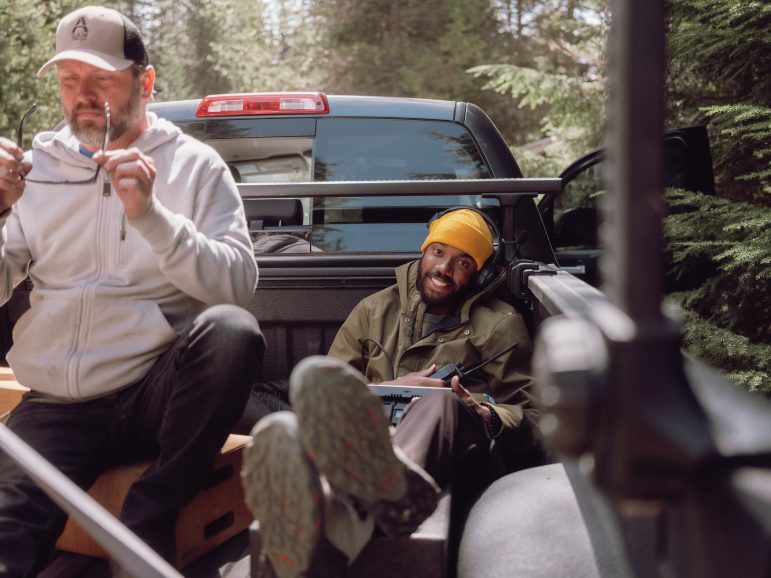
How would you best describe your approach to cinematography?
I strive to step into each project as singular experience and design the plan in a way that hopefully couldn’t be replicated for another project. The aim is that I’m entering that project in full service for what it is trying to become.
What are your aspirations for the future?
I don’t have too many future aspirations, I just try and trust that if I keep on following my gut on what excites me today that it’ll lead to where I’m ultimately meant to end up later on in life.
What do you think are the industry’s biggest challenges?
To me, the most complex challenge is the catch-22 of needing to have experience to get an opportunity but needing the opportunity in order to get experience. It’s an endless loop that I deal with as both someone who hires people, and someone who needs to be hired.
